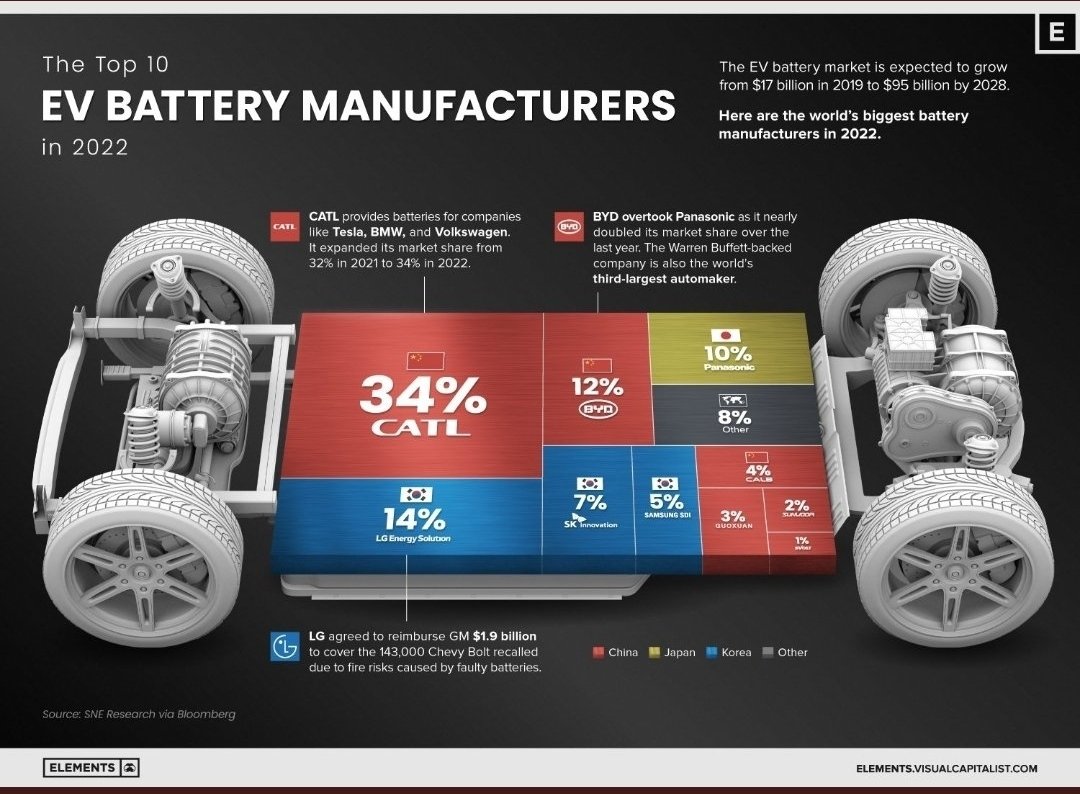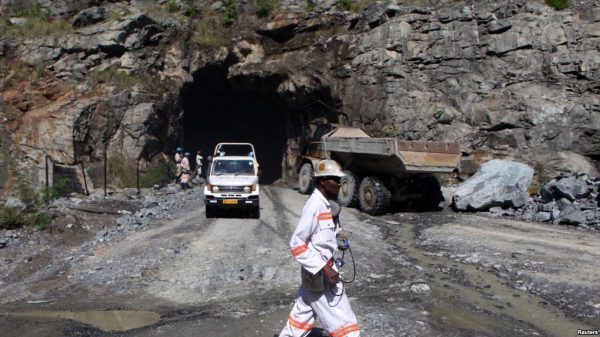Why lithium is popular in EVs despite having a small percentage in battery manufacturing

The percentage requirement of lithium per electric vehicle is very low compared to other metals used in the production of electric vehicles.
By Lyman Mlambo
Lithium is required only for the battery, and even then only for two components in that battery – electrodes (which store and release energy) and electrolytes (which enable the flow of current between electrodes, which then powers the vehicle).
However, lithium dominates in these uses, especially in the storage and release of huge amounts of energy. Lithium is also comparatively a lot lighter than other metals, in fact, the lightest of them, and this helps in reducing the weight of the battery. Lithium-based batteries are also less likely to catch fire or explode than other batteries.
Therefore, because of the above characteristics, from the perspective of the EV manufacturers lithium is a strategic metal input that needs to be stocked in significant reserves. This becomes even more important when one considers that globally, lithium is geologically less abundant, with Zimbabwe holding the largest resource in Africa and the sixth largest globally. Due to its relative scarcity, lithium is comparatively more expensive than base metals like copper and nickel, which means it fetches good prices in the market, something attractive to miners.
For both lithium miners and EV manufacturers, there is one common attraction – the EV market is expected to continue growing as the green energy transition takes root. Besides this growth, EV batteries need to be replaced more frequently than normal or traditional batteries due to the former’s shorter lifespan. Thus, the strategic nature of lithium in EV manufacturing, and the magnitude and longevity of the EV market going forward are the main explanations for the trend we are seeing.
Adding to the above, lithium has other applications other than in EVs such as the manufacture of grease, ceramics and heat-resistant glasses whose markets are also growing (see Marketsandmarkets Research Pvt Ltd website and the Grand View Research Inc website). The demand in these applications are driven by a global rise in automation hence the increased need for lubrication (in the case of grease), expansion of the building and construction industry (requiring ceramics for tiles, toilets and bathroom facilities), and the global rise in fire incidents which requires improvement in fire safety in domestic, industrial and commercial buildings (in the case of heat-resistant glass). Thus, the search for lithium is made even brisker because of competition in the other applications other than use in the EV industry, which applications are also growing.
This explains why lithium is the most sought-after metal despite the small required input per electric vehicle.
Lyman Mlambo is a Mineral Economics Specialist whose expertise includes artisanal and small-scale mining (ASM), mining fiscal frameworks, mineral commodity market analysis, mineral linkages, sustainable development and minerals development policy.


